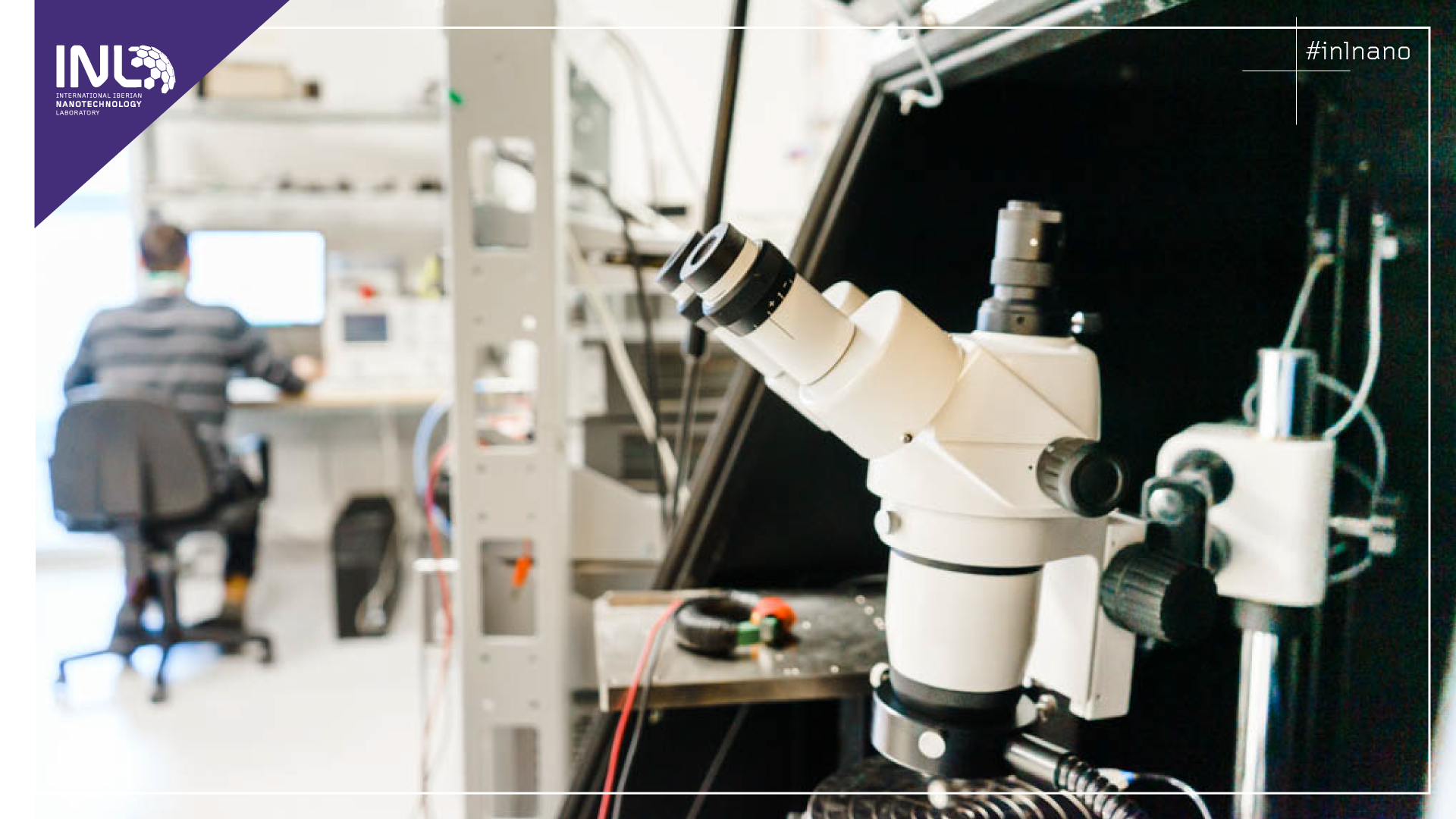INL awarded three projects under the FET Programme Calls worth €1.8Million Euros
INL - International Iberian Nanotechnology Laboratory was recently awarded three financial fundings worth €1.8Million Euros by the European Union’s Horizon 2020 FET Programme. FET actions are expected to initiate radically new lines of technology through unexplored collaborations between advanced multidisciplinary science and cutting-edge engineering.
The FET programme has three complementary lines of action to address different methodologies and scales, from new ideas to long-term challenges: FET Open funds projects on new ideas for radically new future technologies, at an early stage when there are few researchers working on a project topic. FET Proactive nurtures emerging themes, seeking to establish a critical mass of European researchers in a number of promising exploratory research topics. And FET Flagships are 1-billion, 10-years initiatives where hundreds of excellent European researchers unite forces to focus on solving an ambitious scientific and technological challenge, like understanding the human brain or developing the new materials of the future, such as graphene.
The new financed projects are the FET-Open Challenging Current Thinking - SpinAge under the funding scheme RIA - Research and Innovation action. The approach taken in SpinAge is to implement synaptic neurons using novel nanoscale weighted spin-based nano-oscillators, assisted by a low-energy laser pulse irradiation from an integrated plasmonic laser chip, integrated all with the CMOS interfacing electronics for a proof-of-concept of a 16x16 NCS for cognitive computing applications. Our breakthrough platform technology will demonstrate EU leadership of advanced neuromorphic computing. This project is coordinated by AARHUS UNIVERSITET together with other 6 partners including INL - International Iberian Nanotechnology Laboratory.
The FET-OPEN Proactive - RadioSpin under the funding scheme RIA - Research and Innovation action. The goal of RadioSpin is to build a hardware neural network that computes using neural dynamics as in the brain, has a deeply layered architecture as in the neocortex, but runs and learns faster, by seven orders of magnitude. This project is coordinated by UNIVERSITE DE BORDEAUX together with other 5 partners including INL - International Iberian Nanotechnology Laboratory.
And finally PADR-FDDT-OPEN Spinar - Spin-based hardware artificial neural network for embedded RF processing (FR). The main objective of the PADR is to test mechanisms that can prepare, organise and deliver a variety of EU-funded cooperative defence research and technology development (R&T) activities to improve the competitiveness and innovation in the European defence industry and to stimulate cooperation amongst R&T actors in all Member States. The focus of the PADR is on defence research rather than dual-use research; nevertheless, it will be complementary with existing EU programmes such as the 7th Framework Programme for Research and Technological Development and Horizon 2020 as well as R&T activities in the Member States and in the European Defence Agency (EDA).
These projects are being managed at INL by the following team: Ricardo Ferreira, Tim Böhnert, Alex Jenkins, Luana Benetti, Marcel Claro, Pedro Anacleto, Jérôme Borme, Elvira Paz and João Piteira.

